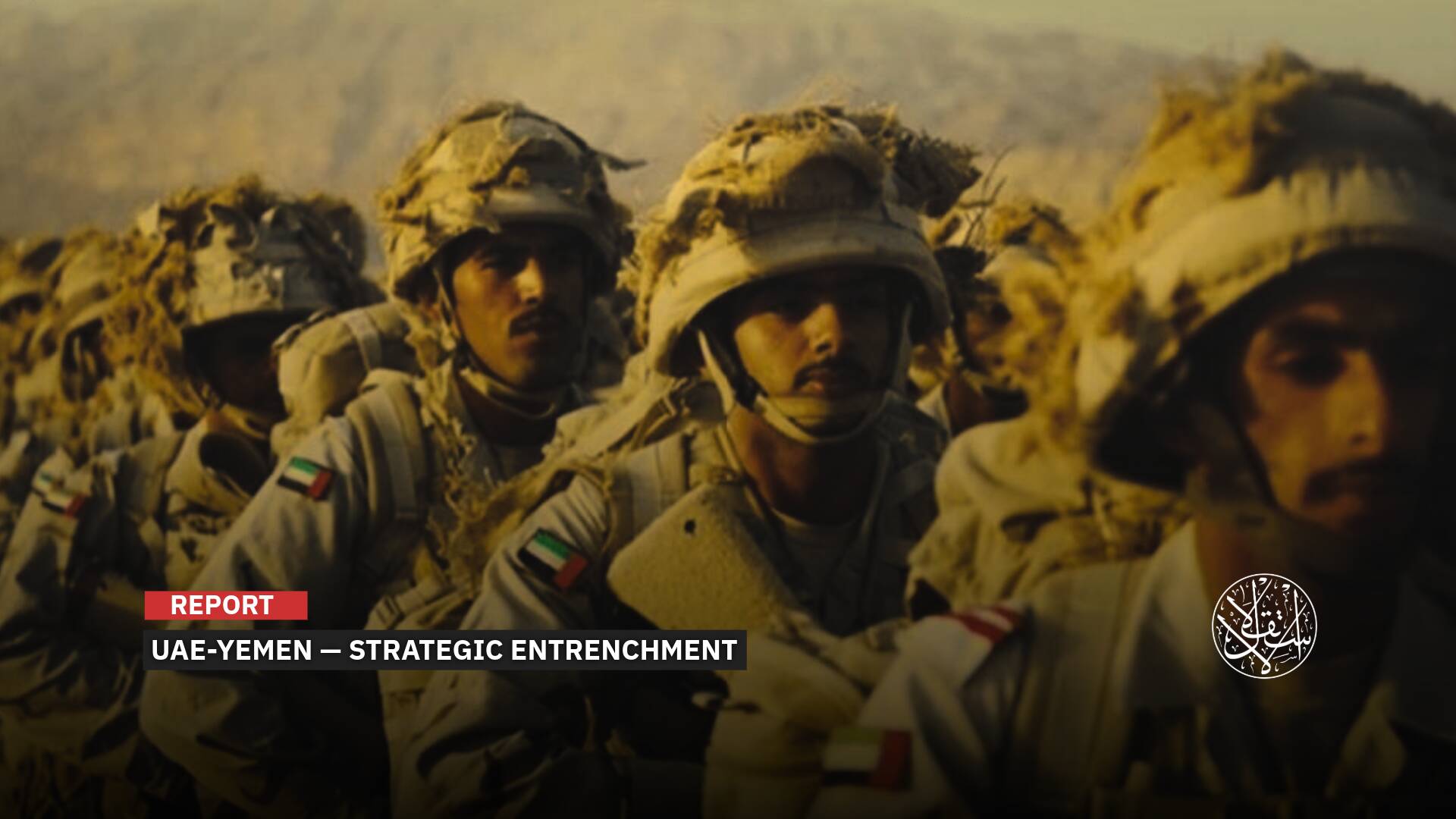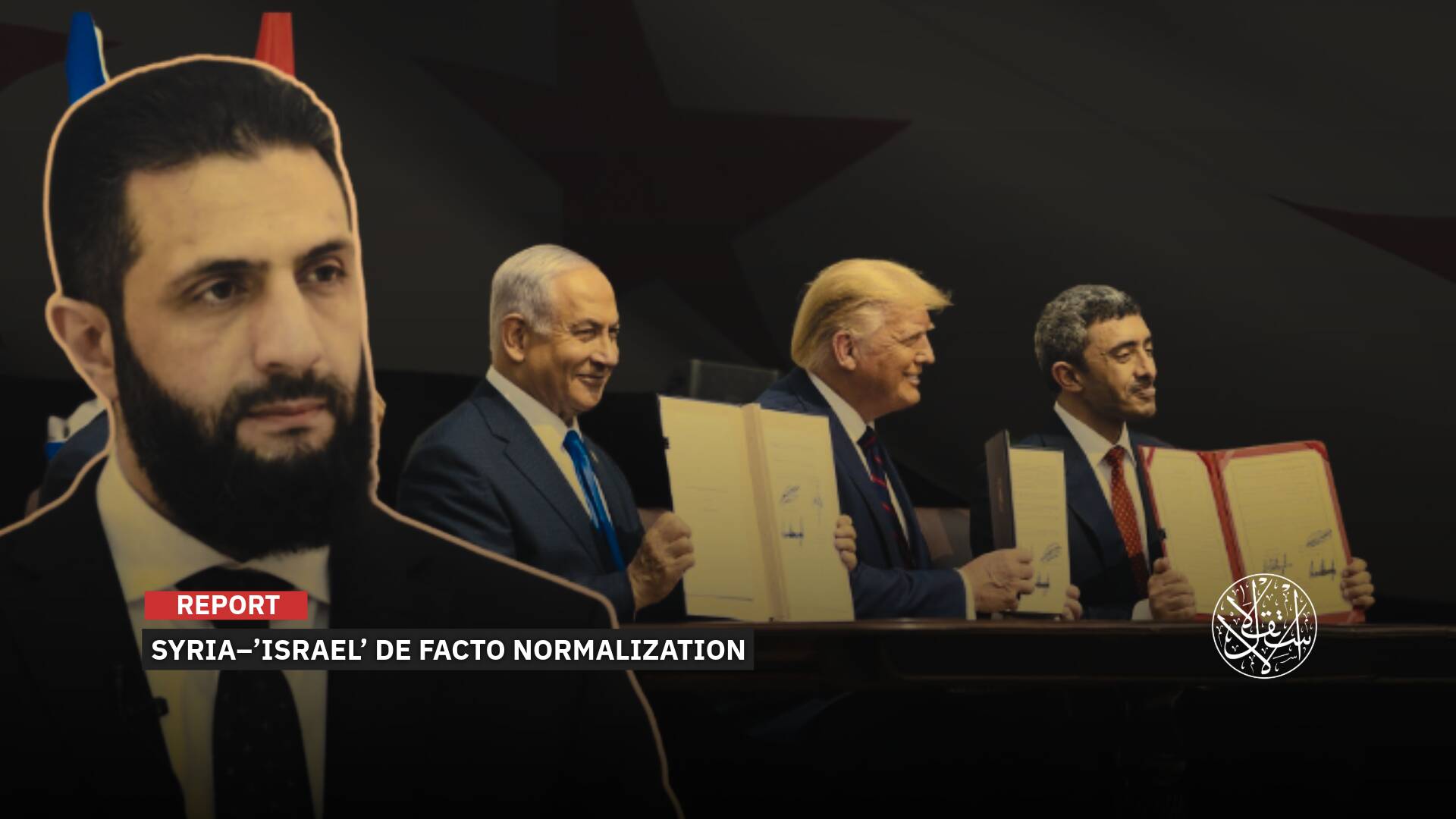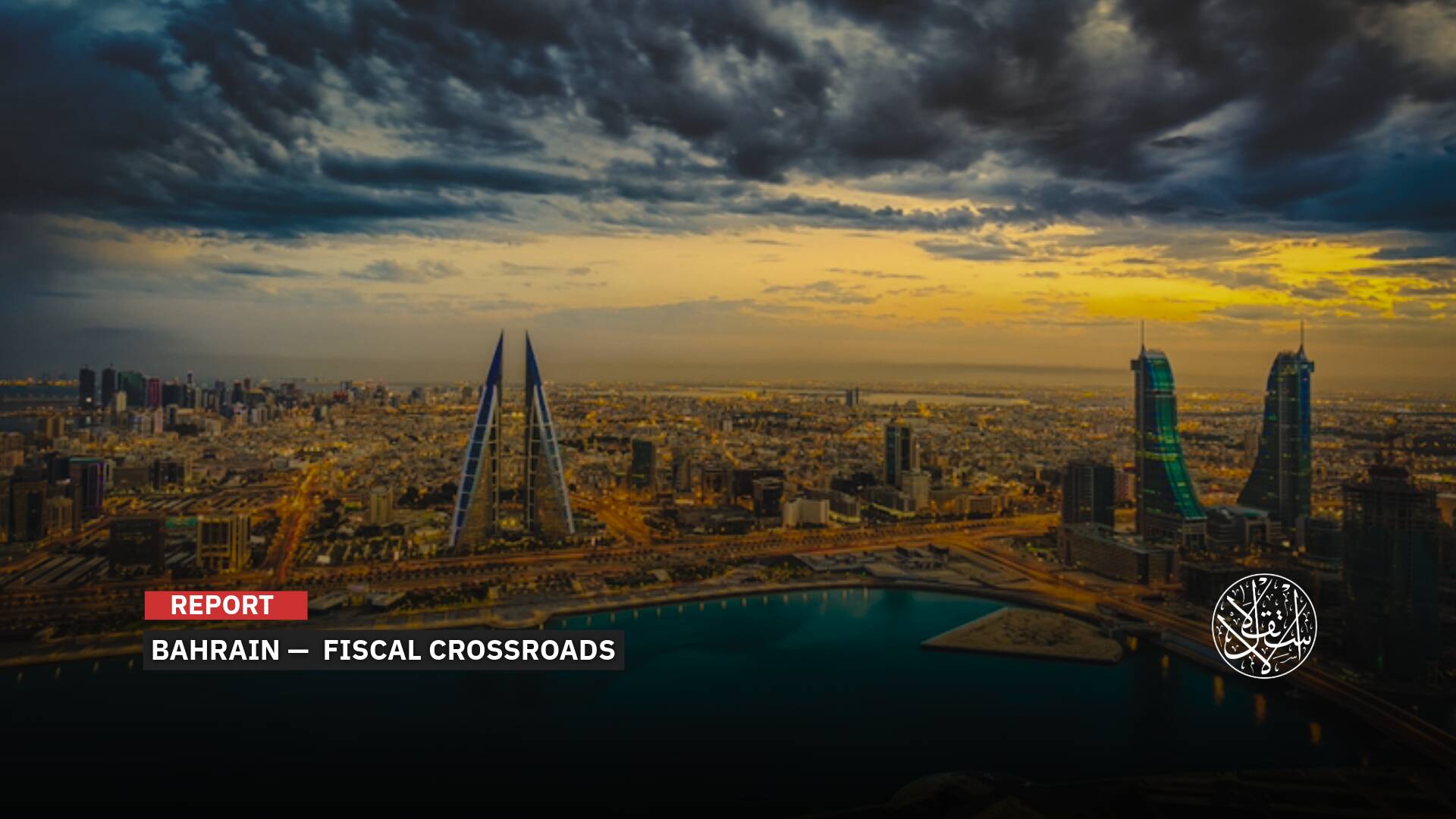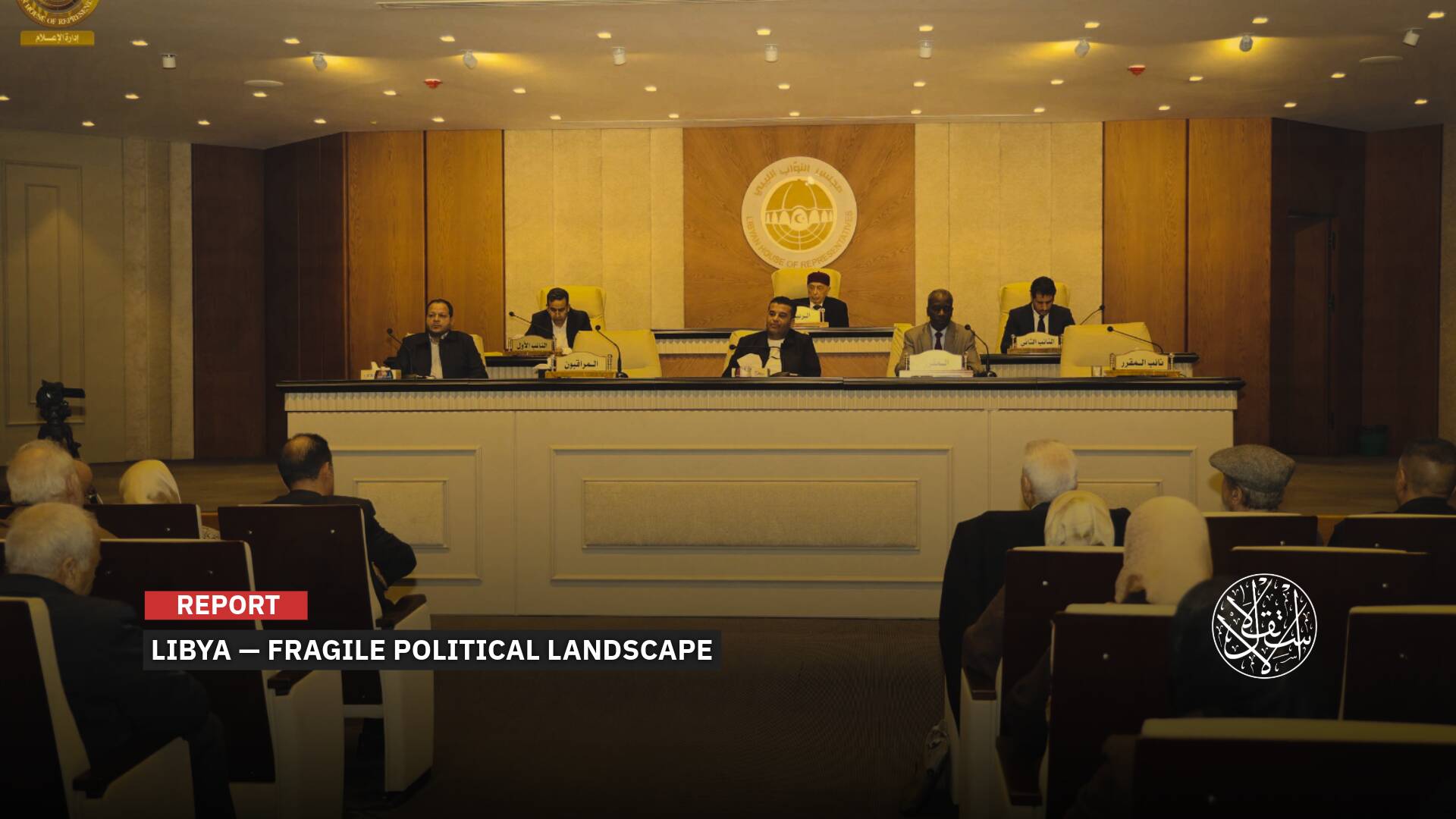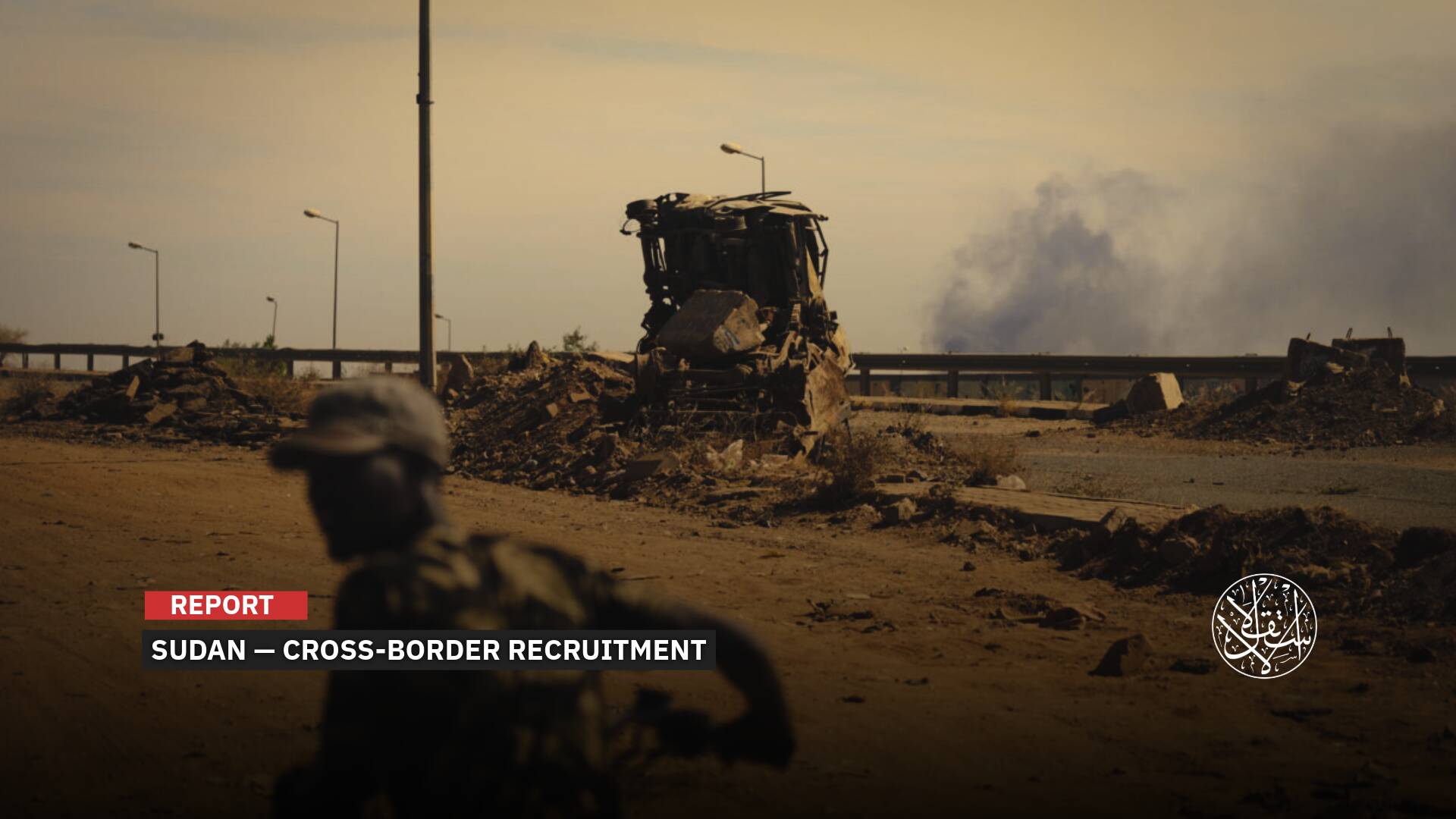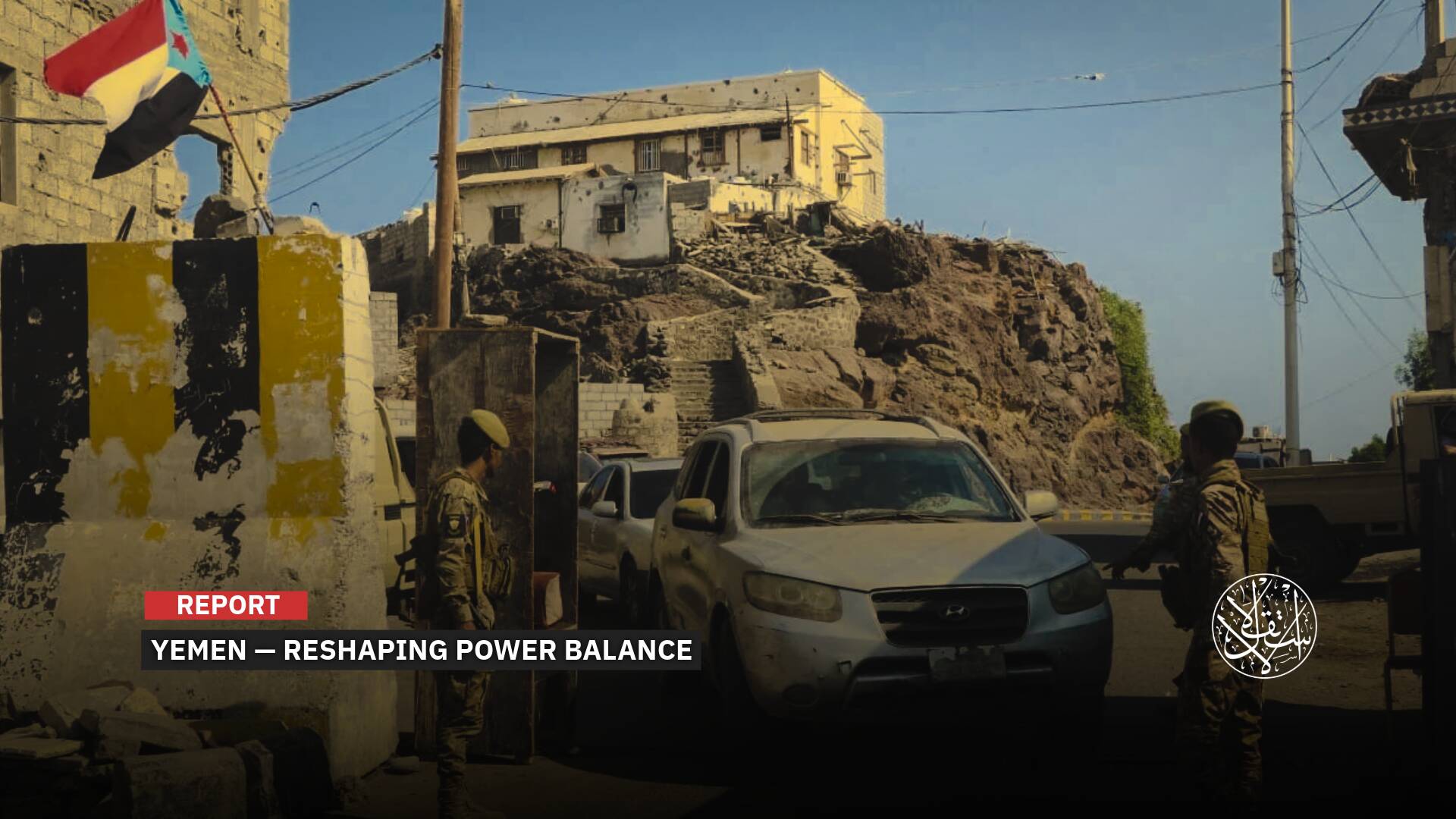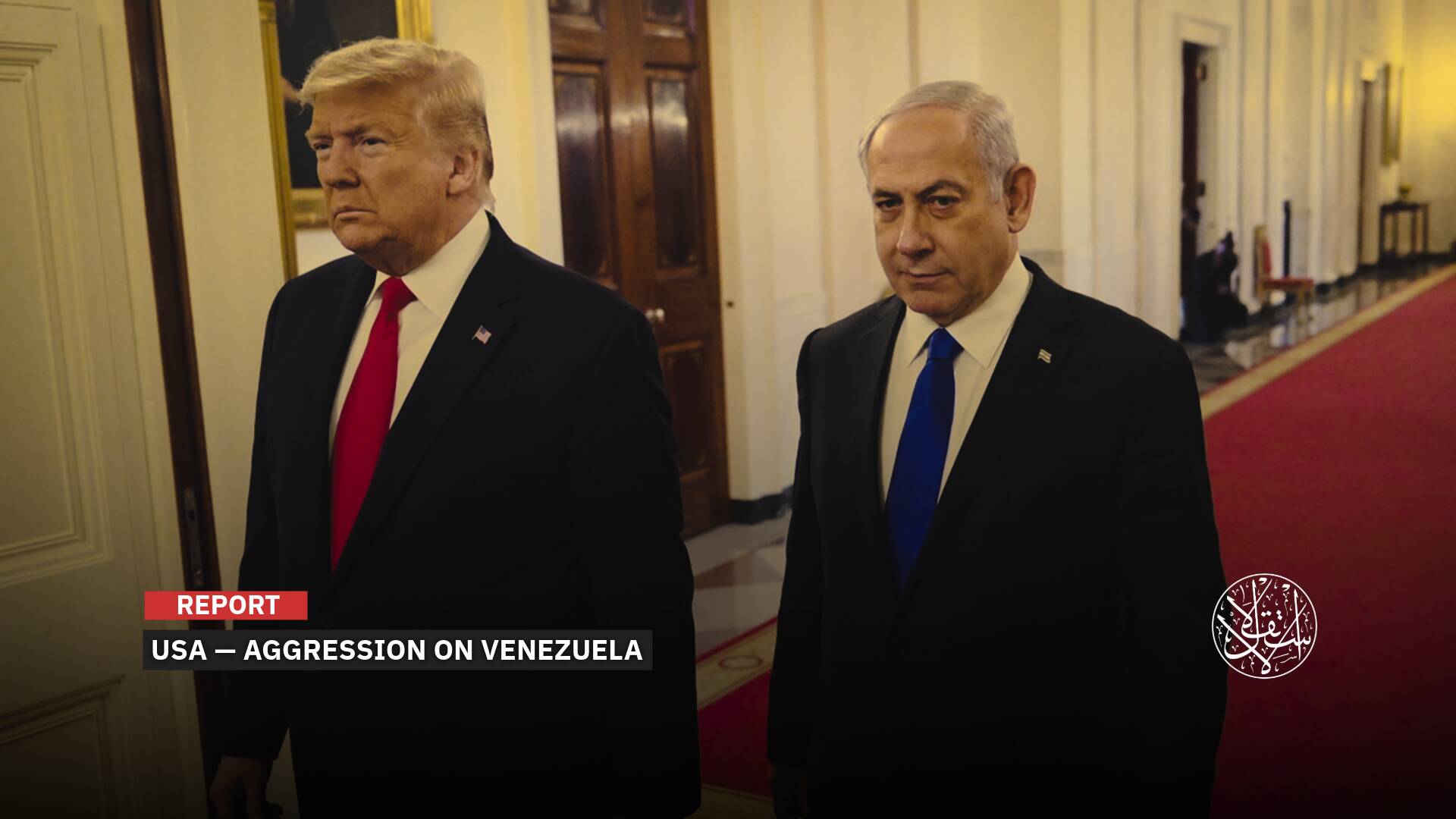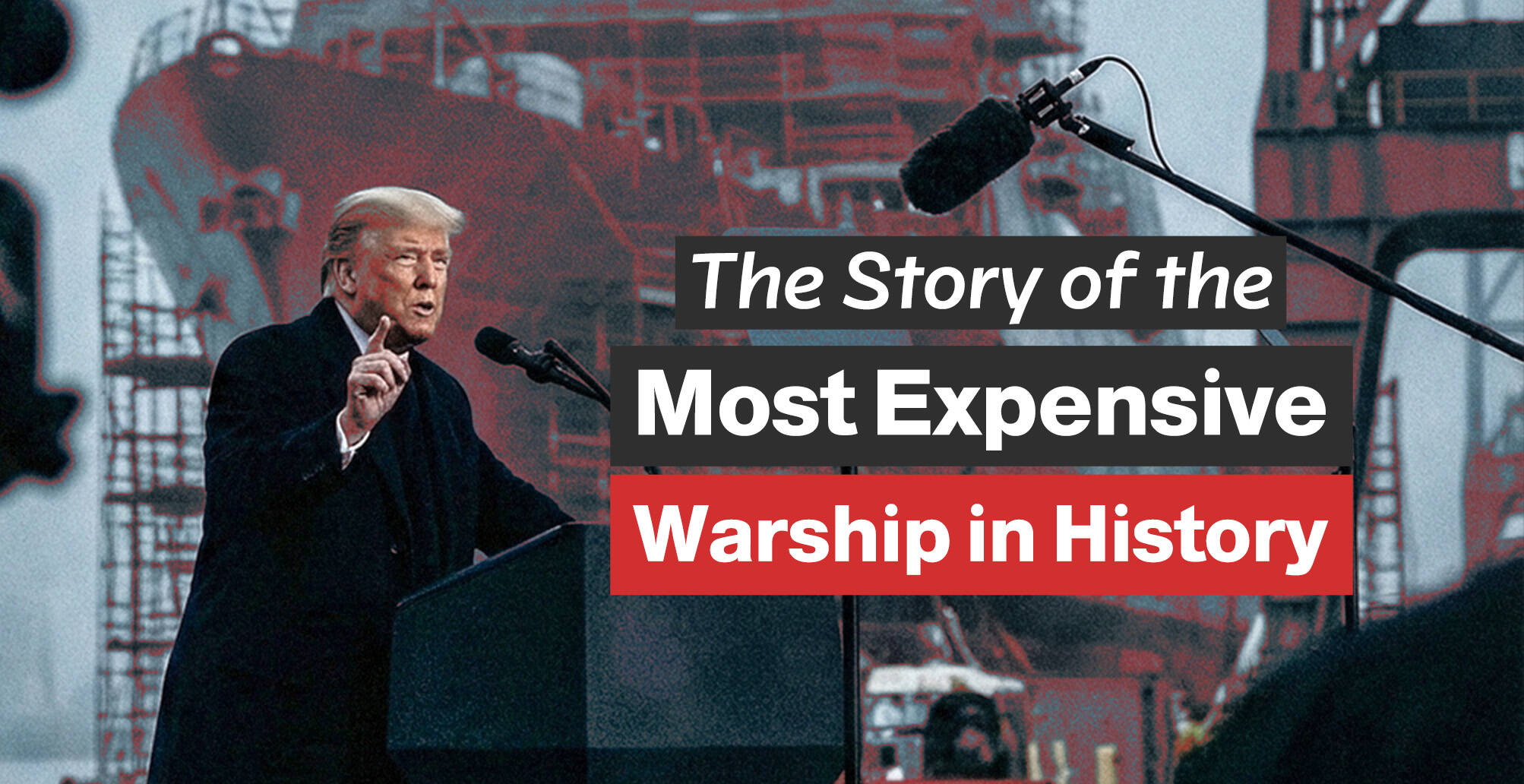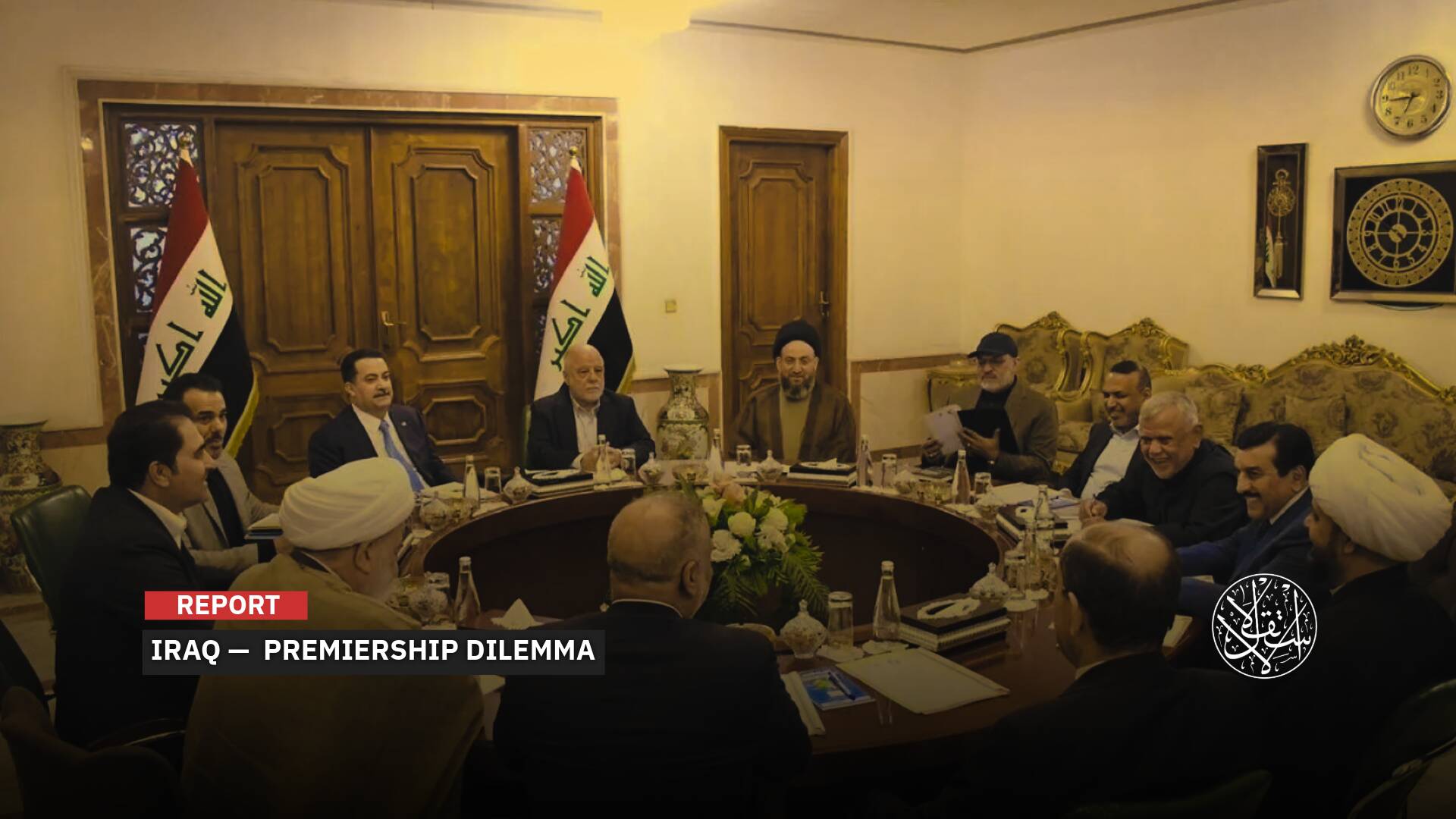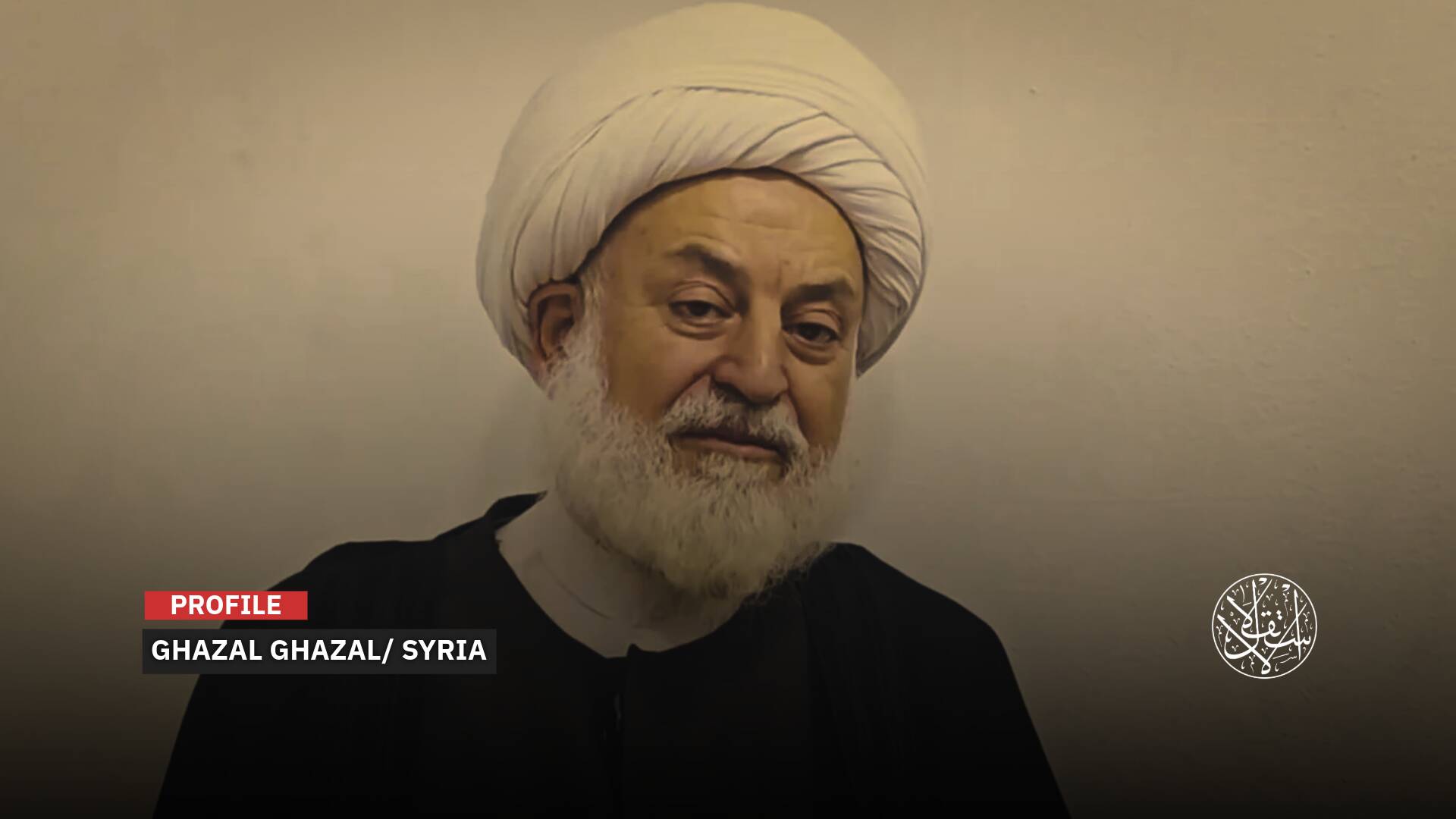Hemedti’s ‘Mini-Government’ in Darfur: Is Sudan Hosting a New Emirati Statelet?

The timing of the parallel government’s announcement is significant, as it came after a series of defeats for Hemedti’s forces.
Sudan's Rapid Support Forces militias (RSF) commander Mohamed Hamdan Dagalo, known as Hemedti, made headlines on April 15, 2025, when he announced the formation of a breakaway government. But for many in Sudan and abroad, the move wasn’t exactly a surprise.
Hemedti had floated the idea several times before, especially as army chief Abdel Fattah al-Burhan hinted in late 2024 at forming a new government from his base in Port Sudan, ahead of plans to retake Khartoum from RSF forces.
What set this latest announcement apart and raised serious alarms was Hemedti’s declaration that his administration would begin printing its own currency and issuing new ID documents. It signaled a push toward full secession, not just a rival government.
The statement raised fresh questions about his true intentions. While he had threatened to form a government before, this time his militia leaders had already met in Nairobi from February 20 to 23, where they issued a political charter laying the groundwork for this move.

Why Now?
The timing of Hemedti’s announcement is critical. It came after a series of defeats for his Rapid Support Forces (RSF), including their expulsion from Khartoum, three years into the war. With RSF influence now largely confined to Darfur’s five states, the move appears less like a rival government and more like an attempt to establish a de facto breakaway state.
The RSF currently controls much of Darfur and vast areas of Kordofan, following nearly two years of warfare. But questions remain: is this a “mini government” or a full-fledged separatist entity that seeks to govern Darfur alone?
Following its losses in Khartoum, the RSF has ramped up its campaign to capture el-Fasher, the last of Darfur’s five main cities not under its control. Analysts suggest the militia will likely focus next on securing border areas and vital supply lines, deepening Sudan’s territorial divide: the army holds the north and east, while Hemedti’s forces and allies dominate the west and parts of the south.
In response, al-Misbah Abu Zeid, leader of the Islamic Movement-aligned al-Baraa bin Malik militia, announced on April 17, 2025, that his forces are heading to el-Fasher to prevent Hemedti’s full takeover of the region.
The announcement also comes amid worsening tensions between Burhan’s government and Abu Dhabi, which has reached the point of legal action. The Sudanese government has taken the UAE to the International Court of Justice, accusing it of backing RSF war crimes and genocide.
Adding to the pressure, both Hemedti and Burhan have been courting the new U.S. administration under Donald Trump, seeking Washington’s favor, often by signaling alignment with “Israel.”
The UAE has positioned Hemedti as a useful partner for U.S. goals in Sudan and the region, especially against Islamist movements. The Nairobi Charter issued by Hemedti’s allies notably calls for a “secular, democratic, decentralized state.” Abu Dhabi also promoted Hemedti as a potential asset for “Israel,” its close regional ally, prompting Burhan to double down on his own relationship with Tel Aviv.
Burhan met Israeli Prime Minister Benjamin Netanyahu in Uganda and exchanged visits with Israeli officials in 2022. In April 2025, he reportedly sent his envoy, Lt. Gen. al-Sadiq Ismail, on a secret mission to Tel Aviv.
Meanwhile, Burhan replaced his foreign minister, Ali al-Sharif, with Omar Siddiq, who had previously been seen in a meeting with Israeli Occupation’s internal security minister and former UN ambassador Gilad Erdan.
Still, Sudanese analysts say Hemedti’s government announcement might be more of a political maneuver. According to al-Rakoba (April 17), it could be an attempt to pressure the army into negotiations, especially after losing ground to military advances in key states and cities.

Dagalo’s Statement
In a statement on Telegram announcing the formation of the parallel government, Hemedti said his administration would provide basic services, including education, healthcare, and justice, as well as issue new identity documents and a separate currency.
He described it as a “Government of Peace and Unity,” claiming it represented a broad civilian alliance and the true face of Sudan. He sharply criticized the influence of Islamists within the Sudanese army, accusing various factions of dominating the country.
Hemedti said the new alliance included “all civilian and political forces, the Sudanese Revolutionary Front, civil society organizations, humanitarian groups, youth movements, and resistance committees,” with whom he claimed to have signed a political charter and transitional constitution aimed at building a “New Sudan.”
However, only five individuals signed the “Political Charter” in Nairobi in February 2025: Abdul Rahim Dagalo for the Rapid Support Forces (RSF), SPLM-N deputy Chairman, Joseph Tuka, the head of the Umma Party, Fadlallah Burma Nasser, the political secretary of the Democratic Unionist Party (Original), Ibrahim al-Mirghani, and the head of the Sudan Liberation Movement, al-Hadi Idris.
The charter called for a democratic, pluralistic, decentralized Sudan that recognizes the right of regions to manage their own political, economic, and cultural affairs.
Hemedti’s “parallel government,” formed in opposition to Burhan’s administration operating from Port Sudan, is expected to be based either in Darfur or Kauda in South Kordofan, rather than Khartoum, which RSF no longer controls. Conversely, the army is expected to relocate its government to Khartoum after regaining full control of the capital.
The charter, by recognizing regional rights, effectively lays the legal groundwork for Hemedti’s potential secessionist state in Darfur.
Hemedti notably called on U.S. President Donald Trump to play a key role in ending the war, expressing his support for federalism as a system of governance, according to AFP.
Ironically, Hemedti claimed his aim was for Sudan to be “a land of ballot boxes, not bullets; a land of dialogue, not domination,” despite the widespread atrocities and violations committed by his forces.
“I dream of a free, democratic, pluralistic, and peaceful Sudan, whose strength lies not in arms but in the will for peace,” he said.
These declarations came despite the fact that Hemedti had launched the initial assault on the army three years ago, seized Khartoum and army headquarters, and triggered widespread destruction.
He stressed that the RSF would “never allow the army to take control of the whole country,” claiming it would bring back the former authoritarian regime. He also accused the Sudanese army of relying on support from Egypt and Iran.
Hemedti further claimed that the Islamic movement, which he says controls Burhan’s army, had hijacked the December 2018 revolution against former President Omar al-Bashir.
Reuters, in a February 23, 2025 report, quoted Sudanese politicians stating that the political charter signed by the RSF and its allies called for a “secular, democratic, and decentralized state.”
The announcement of the new government followed a renewed RSF offensive on April 14 on the outskirts of el-Fasher, which it has encircled in an attempt to seize full control. The RSF also captured the famine-stricken Zamzam camp after two days of intense shelling and gunfire.
According to the United Nations, over 400 people were killed in the fighting, and the International Organization for Migration reported that roughly 400,000 people were displaced from the camp.
Hemedti’s formation of a separate government in areas under RSF control, based on his political charter, significantly increases the risk of Sudan’s further fragmentation, reminiscent of South Sudan’s secession in 2005.
Nonetheless, Hemedti justified his separatist move by pointing to Burhan’s recent issuance of new currency and the decision to restrict Sudanese national exams to areas under army control, calling them “dangerous steps toward de facto partition.”
“Burhan is repeating the tragic mistakes that led to South Sudan’s secession. Today, they are pushing for division again, not just along borders, but also by identity, ethnicity, and allegiance,” he warned.
While some Sudanese political forces criticized Burhan’s decisions, acknowledging the wartime challenges and the need to maintain control over national exams, they also cautioned against allowing such actions to play into Hemedti’s narrative. They expressed concern about reports of Hemedti printing Sudanese currency with Emirati support.

An Emirati Statelet?
Hemedti's announcement of a parallel government, after a string of defeats, has raised questions about the UAE's involvement—could this be the rise of an “Emirati protectorate” in Sudan? Who will recognize it, and what does this move mean for the future?
Sudanese experts and reports suggest that this statelet is being shaped under the watchful eye of Abu Dhabi, with expectations that the UAE will be the first to recognize it, if not openly, then by continuing covert support through arms, equipment, and mercenaries, in exchange for Sudanese gold looted and controlled by Hemedti and his business networks.
“It’s Emirati money that defines the structure of Hemedti’s government and ministers, just as it did in Somalia, Libya, and Yemen,” said Mohamed Nagi Alassam, a leading figure in the Sudanese Professionals Association.
He added that the so-called government of the Janjaweed would merely be added to the UAE’s portfolio of separatist projects across the region, aimed at maximizing economic gains by exploiting looted resources and expanding Abu Dhabi’s regional leverage, using such entities as bargaining chips in broader geopolitical negotiations.
Writing on Facebook, he noted that Hemedti’s upcoming government has no genuine political program and, as always, will depend on militia force, smuggled gold, looted funds, and the wealth and influence of the UAE.
Hemedti has called on the African Union to recognize his newly announced government, claiming it represents “the democratic will of the Sudanese people” and urging the organization not to remain “hostage to the coup plotters in Port Sudan.”
Sudanese sources told Al-Estiklal that the recent dismissal of Foreign Minister Ali Youssef by Abdel Fattah al-Burhan came after statements Youssef made to Saudi Arabia’s al-Arabiya channel that angered the military leader.
Youssef had stated that “no civilian government can be formed in Sudan before the defeat of the Rapid Support Forces,” implicitly criticizing Burhan’s administration. His dismissal quickly followed.
In another interview with al-Arabiya al-Hadath, the ousted minister said only “three or four countries at most” might recognize the government declared by the RSF, a comment Burhan reportedly viewed as a political blunder, as it acknowledged the possibility of international recognition for Hemedti’s parallel government.
Hemedti’s announcement of a rival government triggered widespread regional and international backlash. UN Secretary-General spokesperson Stephane Dujarric expressed “deep concern,” warning that the move risks further dismantling the country and entrenching the crisis.
Egyptian media figures close to the regime also condemned Hemedti’s move. In a column published on April 19 in al-Masry al-Youm, former al-Ahram editor-in-chief Abdel Naser Salama described it as a “government of ruin.” Still, he warned that the situation could grow even more dire if RSF forces manage to take control of el-Fasher, which could pave the way for Darfur’s effective secession; a scenario that would split Sudan into two separate regions.
The UK government also condemned the RSF's formation of a rival administration. A Foreign Office spokesperson said in a statement that unilateral announcements aimed at forming a parallel government are not the solution.
At the London International Conference on Sudan, Saudi Deputy Foreign Minister Waleed al-Khereiji warned against calls to form an alternative government or parallel entity, calling them illegitimate attempts that threaten the political path, deepen divisions, and hinder efforts to reach a comprehensive national resolution.
In a notable shift, Lana Nusseibeh, Assistant Minister for Political Affairs and Envoy of the Minister of Foreign Affairs of the United Arab Emirates, stated that her country no longer views either the Sudanese army or the RSF as representative of the Sudanese people. The statement appeared to distance the UAE from Hemedti, following an international lawsuit accusing Abu Dhabi of supporting him.
Sources
- Hemedti: Sudan ‘Government of Peace and Unity’ to issue new currency and IDs
- Sudanese ruler's envoy secretly visited Israel to request military support
- The Rapid Support Forces government: political pressure and cover-up of losses [Arabic]
- International criticism of Hemedti's announcement of the formation of a rival government [Arabic]


